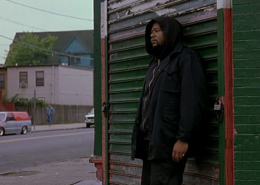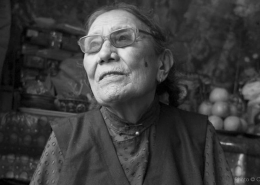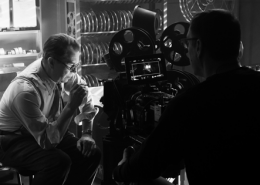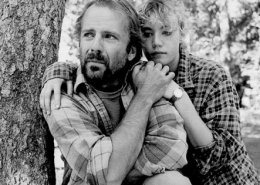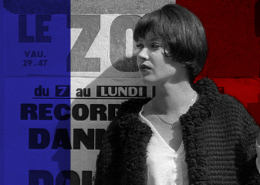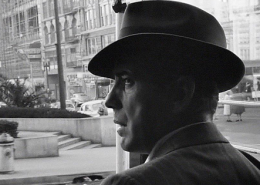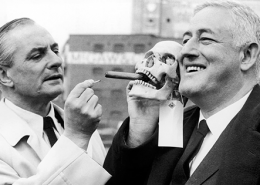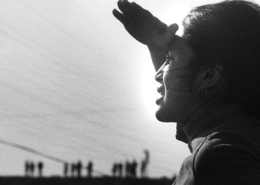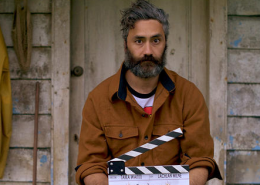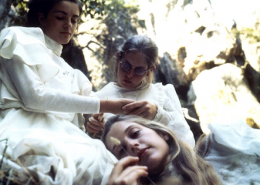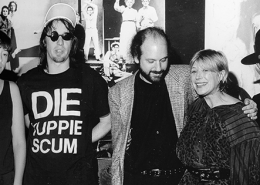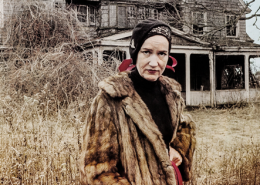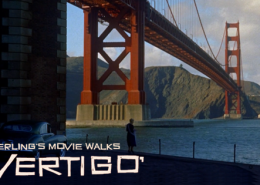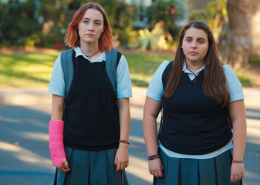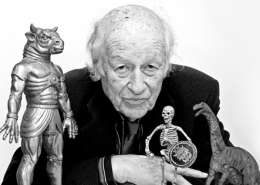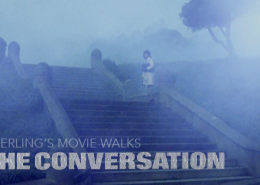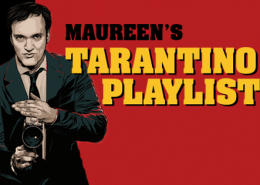On ‘MINARI’
A Conversation with Lee Isaac Chung, Steven Yeun and Dave Karger
Steven Yeun and Alan Kim in Lee Isaac Chung’s Minari
© A24
By Celeste Wong, MVFF Programming Associate
Regardless of what happens at the Oscars®, ‘Minari’ has already made history. Steven Yeun is the first Asian-American actor to be nominated for Best Actor, and producer Christina Oh is the first Asian-American woman to be nominated for Best Picture. Yuh-jung Youn also made history as the first Korean actress to be nominated for an Oscar®, and on April 4th, she became the first Asian actress to win a SAG award in any of the individual motion picture categories (be sure to check out Rafael@Home’s Yuh-jung Youn Retrospective, available until April 22nd). In celebration of this history-making awards season, I am highlighting our MVFF Contenders Season Conversation featuring director and screenwriter Lee Isaac Chung, and lead actor Steven Yeun, moderated by Turner Classic Movies host Dave Karger.
‘Minari’ is an intimate story about a Korean-American family, who moves into a trailer home in rural Arkansas in the 1980s in order to start their own farm. As an Asian-American, I was delighted and deeply moved to see this family grace my screen in a film that so boldly knew it deserved the grandeur of an “American classic.” As a human, I related to the familial tensions, the tenderness, the resentment, the comfort and the pain. I recognized the dynamics in the film’s central relationships, what was screamed between them, what was whispered, and what remained unsaid. In the details of the family members’ individual experiences was a universal understanding, accessible to audiences of all backgrounds. Lee Isaac Chung gave those details the space, the expansiveness, that made it impossible to call this film “small,” regardless of budget and any ill-fated attempts to marginalize it. I love listening to Chung and Yeun in conversation about this film, and I am particularly drawn to this segment below where Chung speaks to the intentionality behind making an intimate story feel epic.
Note: This excerpt is edited for clarity and length. Watch the full conversation below.
Dave Karger: I think one of the reasons why so many people are just loving this movie so much is that it works on these two different levels of being this very intimate singular family story but also feeling like a much larger American story, if you will. When you guys were making it and Isaac, when you were writing it and crafting it and imagining it, but also when you were making it, did it feel like a big story or did it feel like a little story or both?
Lee Isaac Chung: Well, you kind of have to make a film with what you’re given when it comes to the resources. I knew as I was writing this film, the scope of the film that I could realistically be able to have access to. I knew that the way the film was going to be made needed to be on a simpler level or on a more essential level, but that the story itself needed to be big. The feeling of it, the heart of it, needed to be big. And that idea followed me as I was in production and throughout the entire edit: that essentially it’s a modest film, we have modest means in making the story, but as much as I can, I wanted the film to contain an epic. So thematically and feeling-wise, the emotions that you have while you’re watching it, the ending that you have, I didn’t want it to feel like this is merely a slice-of-life film, but that really you’re on an epic journey even though we’re shooting in a trailer home in Tulsa, Oklahoma.
There’s only so much that you can do and it’s a credit to Lachlan [Milne], our DP, and our Production Designer, Yong [Ok Lee], because they were all on board with this idea. We would look at old classic Hollywood westerns on one hand, to drive that feeling of the epic, but we’d also think about Ozu, the Japanese filmmaker who made these intimate family dramas. We wanted to figure out how do you balance these two, the intimacy with the epic, and that’s what we hoped for.
Steven Yeun: I think from a cultural standpoint specifically, I felt so enriched by the fact that when Isaac wrote this script it was really directly truthfully from the point of view of this family, so in that way it felt intimate. It felt like it didn’t require a juxtaposition to anything else besides just its own intrinsic story, and because of that it felt like we were tackling things that felt authentic and real. And then to have incredible production designers and people to maintain the details, and all the actors to maintain the details, but carry them instead of explaining them, felt very beautifully intimate. Then on a larger front, what was really wonderful was it made me understand why I love participating in film so much, because you get to access and work towards a larger existential idea…
We talked a lot about the right model for this character, for Jacob specifically, and James Dean came up a lot, just someone caught in a liminal space that can see things for what they are and desperately wants to shake everybody awake or at least not feel so isolated and alone, and there was something so resonant about that. It felt like I was accessing something deeply human and in that way it felt large and small at the same time.
Dave Karger: Steven, I would imagine it goes without saying that as an actor you feel an extra layer of responsibility when you’re helping tell the filmmaker’s own story and essentially playing a character inspired by his own father. How did you wrap your head around that and get to a place where that didn’t become a paralyzing factor?
Steven Yeun: Well interestingly enough, I think the paralysis actually came from something other than feeling like I needed to service Isaac’s family because what was really great about how he wrote this script was he left a lot of space for us to bring our own perspectives into it. And in the way that he directed it, he allowed us that access…
Frankly, the biggest fear was I felt like I was servicing in some ways the Korean-American immigrant community and that was terrifying because we really haven’t seen un-caricatured renderings of our parents’ generation. And then even further we haven’t, at least I haven’t, seen renderings of that generation told in its duality and fullness so that they might simultaneously be bad and good at the same time. Usually it’s from our gaze or it’s from the American gaze and so it holds them either to the fire of suffering or through some sort of honoring because of their suffering. And while we don’t ignore that life is hard in this film, it was really more about letting them be true and that was very fulfilling in and of itself.
MVFF Contenders Season presents a conversation with ‘Minari’ Writer/Director Lee Isaac Chung and Actor Steven Yeun, and moderated by Dave Karger.
Click here to view more of our MVFF Contenders Season conversations.


